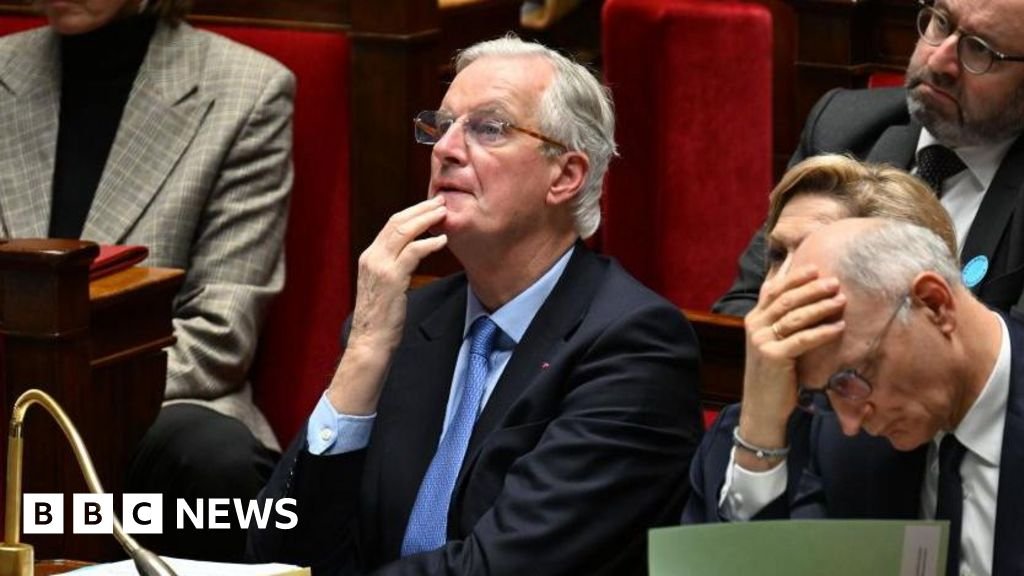But once the country reverts to a parliamentary system, the Assembly itself has proven unable to act.
As many commentators have pointed out, France, with its monarchical instincts and top-down conception of power, has never developed a culture of compromise.
Thus, the three blocs in today’s Assembly, created by voters after Macron’s dissolution in June, have proved unable to create a constructive environment for government.
As veteran journalist Eric Brunet said after watching the debate tonight on BFMTV: “What we have just seen is stunning French.
“No pragmatism. Just an ideology. All speeches were about values, about extremes. Our entire discourse is detached from reality. It’s typically, unusually French.”
Some see it as the culmination of years of France refusing to face economic reality – governments of all colors have caved in to demands for ever-rising public spending. The result is a deficit and debt that can only be solved by cuts that no government can ever accept.
According to Nicolas Beitou of the pro-business newspaper L’Opinion, this is the beginning of a series of crises that, counterintuitively, the country really needs. After all, only when they are face to face with the economic abyss, voters, parties – the country – will make the difficult decisions that lie ahead.
Beitu predicts that any new prime minister will face the same problems as Barnier and, like him, will fail.
“The new government needs time, which it will not have. A majority is needed, which will not be. And he needs the determination to achieve the necessary cuts in government spending – which he will not have.
“So I expect to see a few more no confidence votes and a few more government falls – before we finally start to wake up.”

